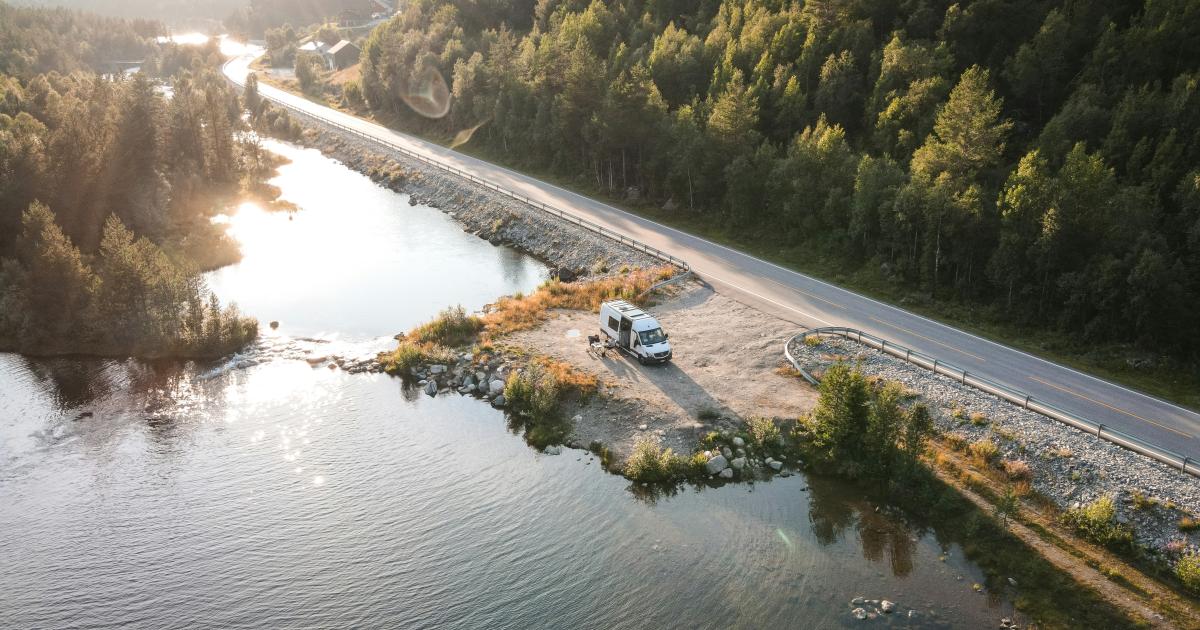
Here’s the problem: repeated holiday experiences tend to blur and become far more forgettable. In his seminal work ‘Thinking Fast and Slow’, Kahnemann differentiates between the ‘remembering’ and ‘experiencing self’.
While a repeated, predictable holiday may comfort our ‘experiencing’ selves, we rob future satisfaction from our ‘remembering’ selves. Ultimately, we spend far more time with our memories of holidays than on the holiday itself.
Indeed, comfort and predictability quietly rob us of the best experiences we could have. It is often the high-effort, high-satisfaction experiences that we remember.
A choice between a challenging hike up a mountain with a magnificent view as a reward or a morning spent on a sunlounger will be the former that features more prominently in our mental recap of the holiday.
Equally, our brain is hard-wired to purge memories of pain and treasure memories of pleasure. In short, your memory of your sore legs will be eclipsed by the memory of the satisfaction of completing a summit or learning about elephant migration patterns in Botswana’s Okavango Delta.
In summary, cater to our ‘remembering selves’, and don’t let comfort ruin your precious time off.
Peak
Consider two patients at the hospital. The first has an operation that is moderately painful throughout but is considerably less sore at the end. The second suffers minimal discomfort throughout the operation but experiences a peak in pain at the end.
Objectively, the first patient suffered more pain. However, the second patient will report their entire experience as more painful. This may sound counter-intuitive. However, this result is based on a study by Daniel Kahneman and Redelmeier 1996.
The reason is that our memories are not continuous but episodic. Therefore, we remember ‘peak’ experiences and find it easier to recall more recent ones.
The lesson for holiday-makers? When scheduling your holiday, don’t necessarily think of permanent comfort, but rather in terms of ‘high points’. And more importantly, schedule the most exciting aspects of your holiday towards the end of your trip.
In summary, plan for peak experiences at the expense of comfort and ‘end high’.
While reams of research are done on how to optimize our work schedules, much less attention is paid to optimising our ‘leisure time’. Yet our time spent on vacation is precious and defines how we perceive our entire lives.
By paying attention to the psychological mechanics of holiday-making, we can turn merely good holidays into unforgettable ones.
This Author
Daniel Kaul is the founder of Natucate, an agency specialising in organising selected projects for nature travel, wilderness experiences, voluntary work, internships and sabbaticals.
- SEO Powered Content & PR Distribution. Get Amplified Today.
- PlatoData.Network Vertical Generative Ai. Empower Yourself. Access Here.
- PlatoAiStream. Web3 Intelligence. Knowledge Amplified. Access Here.
- PlatoESG. Carbon, CleanTech, Energy, Environment, Solar, Waste Management. Access Here.
- PlatoHealth. Biotech and Clinical Trials Intelligence. Access Here.
- Source: https://theecologist.org/2024/may/28/how-make-most-your-holiday
